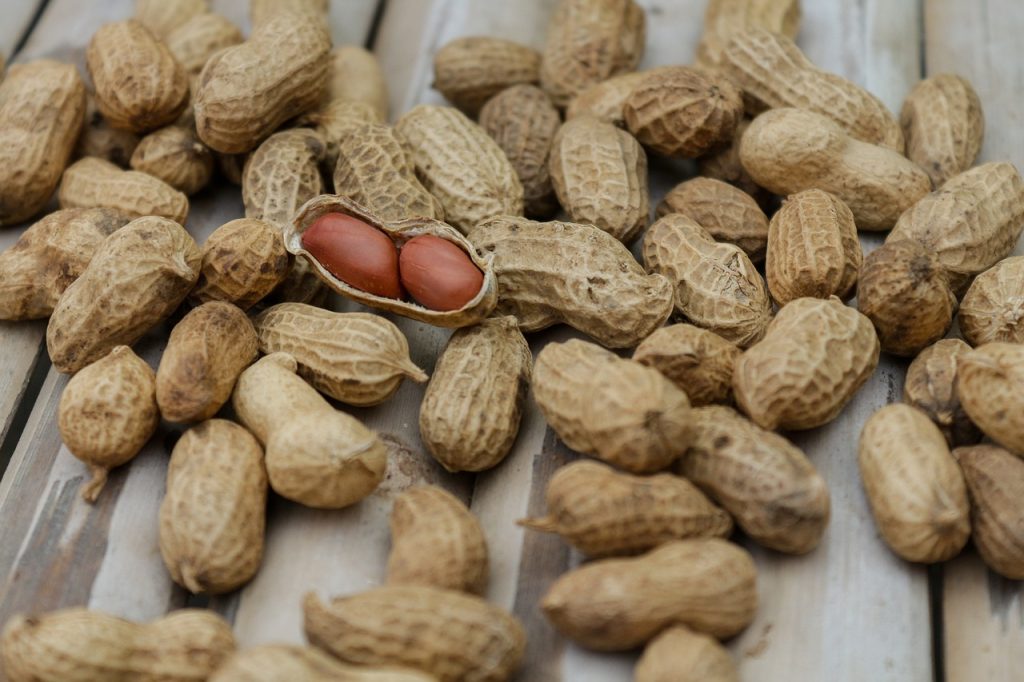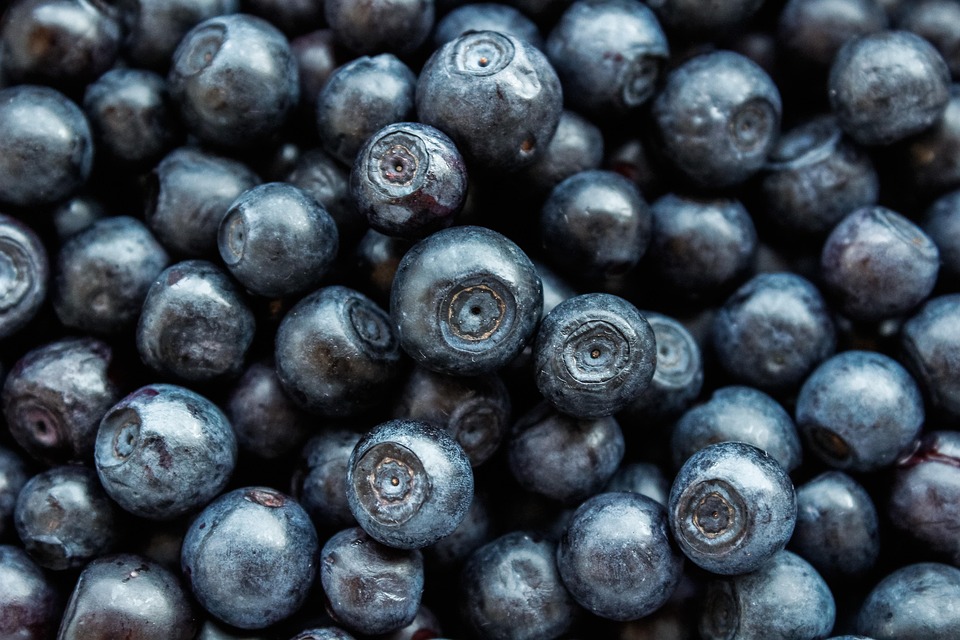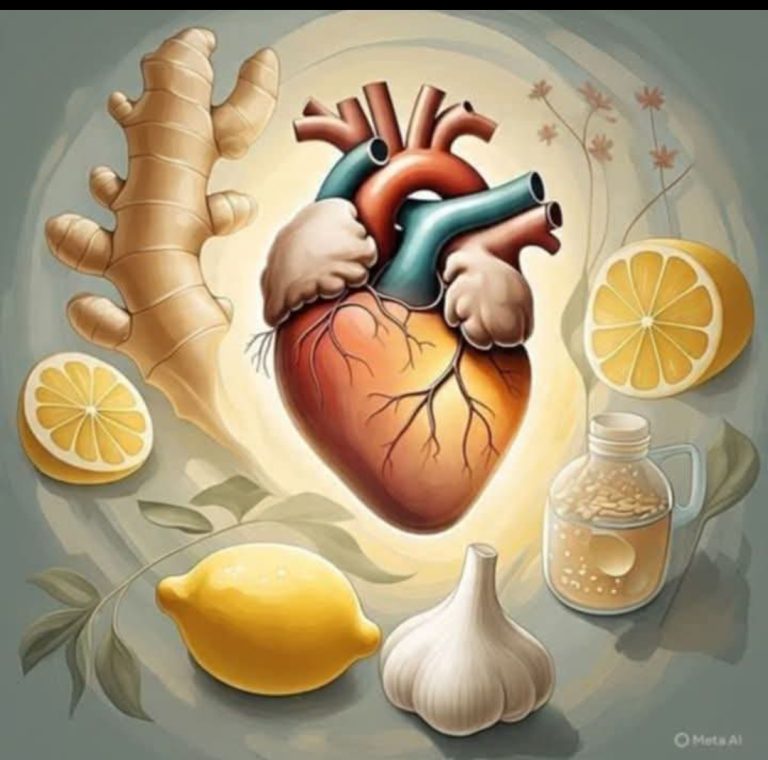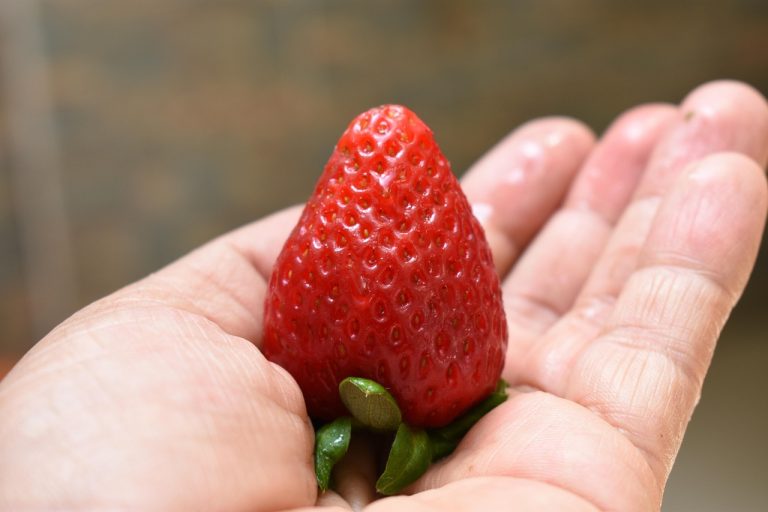
As we step into 2025, the way we think about food and nutrition is rapidly evolving. With new research, technology, and environmental awareness, the future of nutrition is not just about calories and weight loss — it’s about sustainability, well-being, and truth over myths. Let’s explore how nutrition is changing and how we can adopt healthier, more sustainable eating habits.
1. Myth: Carbs Are Bad — Reality: Not All Carbs Are Equal
For years, people have feared carbohydrates, associating them with weight gain. But in 2025, nutrition experts emphasize the importance of choosing the right type of carbs. Whole grains, fruits, and vegetables provide fiber, vitamins, and energy. The real culprit is processed carbs like white bread, sugary snacks, and sodas. It’s not about avoiding carbs — it’s about choosing wisely.

2. Myth: You Must Eat Meat for Protein — Reality: Plant-Based Protein Is Powerful
Many believe that meat is the only reliable source of protein. In 2025, this myth is fading fast. Legumes, lentils, tofu, quinoa, and even some vegetables provide complete protein with less environmental impact. Sustainable eating means embracing plant-based options that support both health and the planet.
3. Personalized Nutrition Is on the Rise
One-size-fits-all diets are becoming outdated. In 2025, personalized nutrition — based on your DNA, lifestyle, and health goals — is gaining popularity. With apps and wearable tech, people can now get custom meal plans and supplement suggestions tailored to their unique bodies. This leads to better results and smarter choices.
4. Gut Health Is the New Core of Wellness
Scientific studies in 2025 show that a healthy gut plays a major role in everything from digestion to mental health. Probiotics and prebiotics, found in yogurt, kimchi, and fiber-rich foods, help maintain a balanced gut microbiome. Nutrition today is more focused on what supports long-term internal health, not just weight.

5. Sustainable Eating Is the New Norm
With climate change and global food shortages in the spotlight, sustainable eating has become a priority. In 2025, people are choosing locally sourced, seasonal, and organic foods to reduce their carbon footprint. Reducing food waste and avoiding highly processed items also contribute to a healthier body and a healthier planet.
6. Myth: Fats Make You Fat — Reality: Good Fats Are Essential
In the past, fats were seen as the enemy. But in 2025, nutrition experts highlight the role of healthy fats in brain function, hormone regulation, and heart health. Avocados, nuts, seeds, and olive oil are now staples in balanced diets, while trans fats and fried foods are being avoided.
7. Digital Tools Are Revolutionizing Healthy Eating
Modern tools like AI-powered diet apps, smart kitchen devices, and meal tracking wearables are changing how we eat. These tools help track nutrient intake, suggest healthy recipes, and even monitor hydration and mood, making it easier to stay consistent and informed.
8. Food as Medicine
In 2025, more people are adopting the idea that food is medicine. Anti-inflammatory diets, immunity-boosting ingredients like turmeric and ginger, and foods rich in antioxidants are being used to prevent chronic illness and boost overall vitality.
Conclusion
Nutrition in 2025 is smarter, more personal, and deeply connected to our environment. By debunking outdated myths and embracing sustainable eating, we can lead healthier lives and protect the planet for future generations. The future of food is not about restriction — it’s about balance






